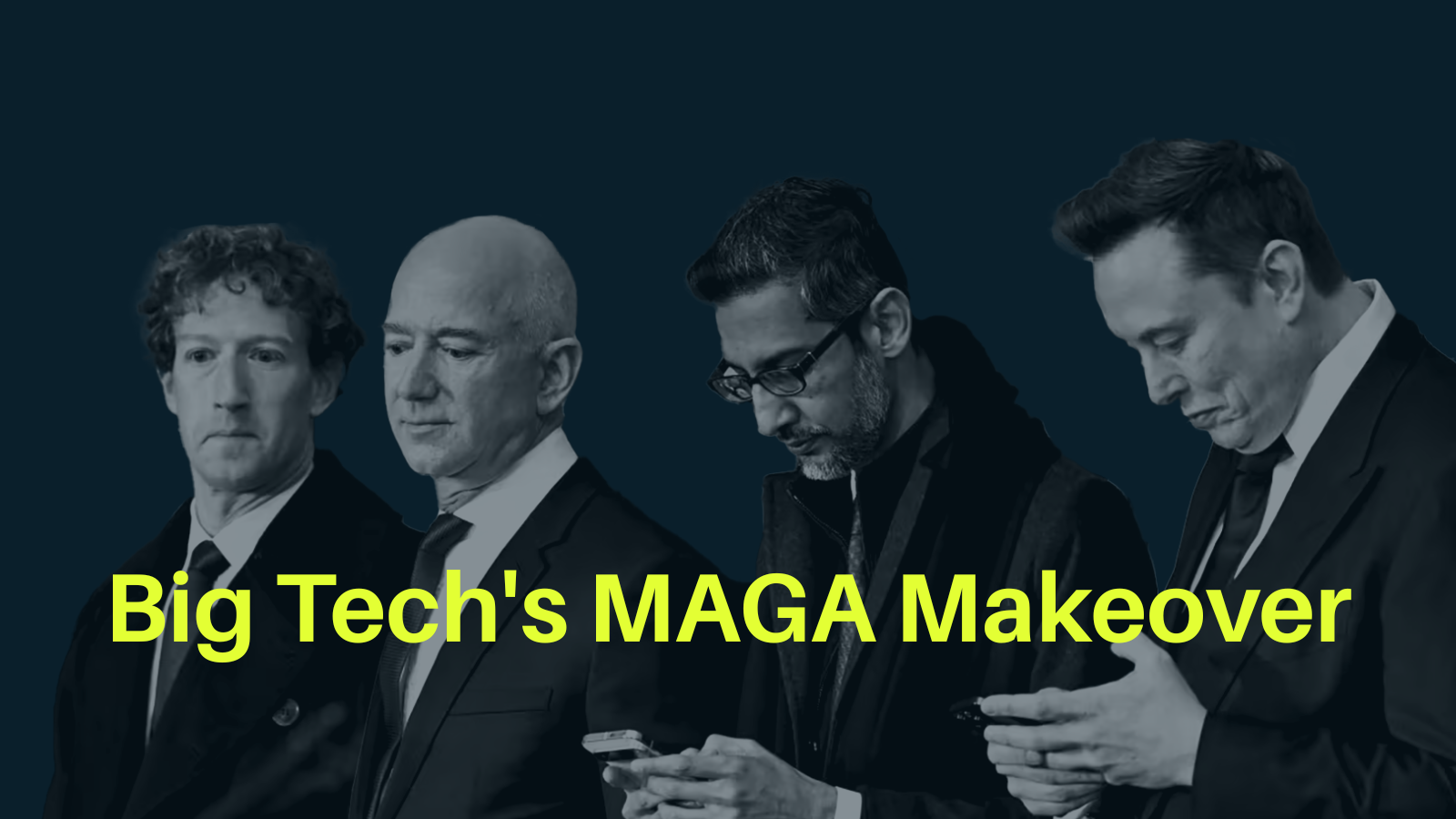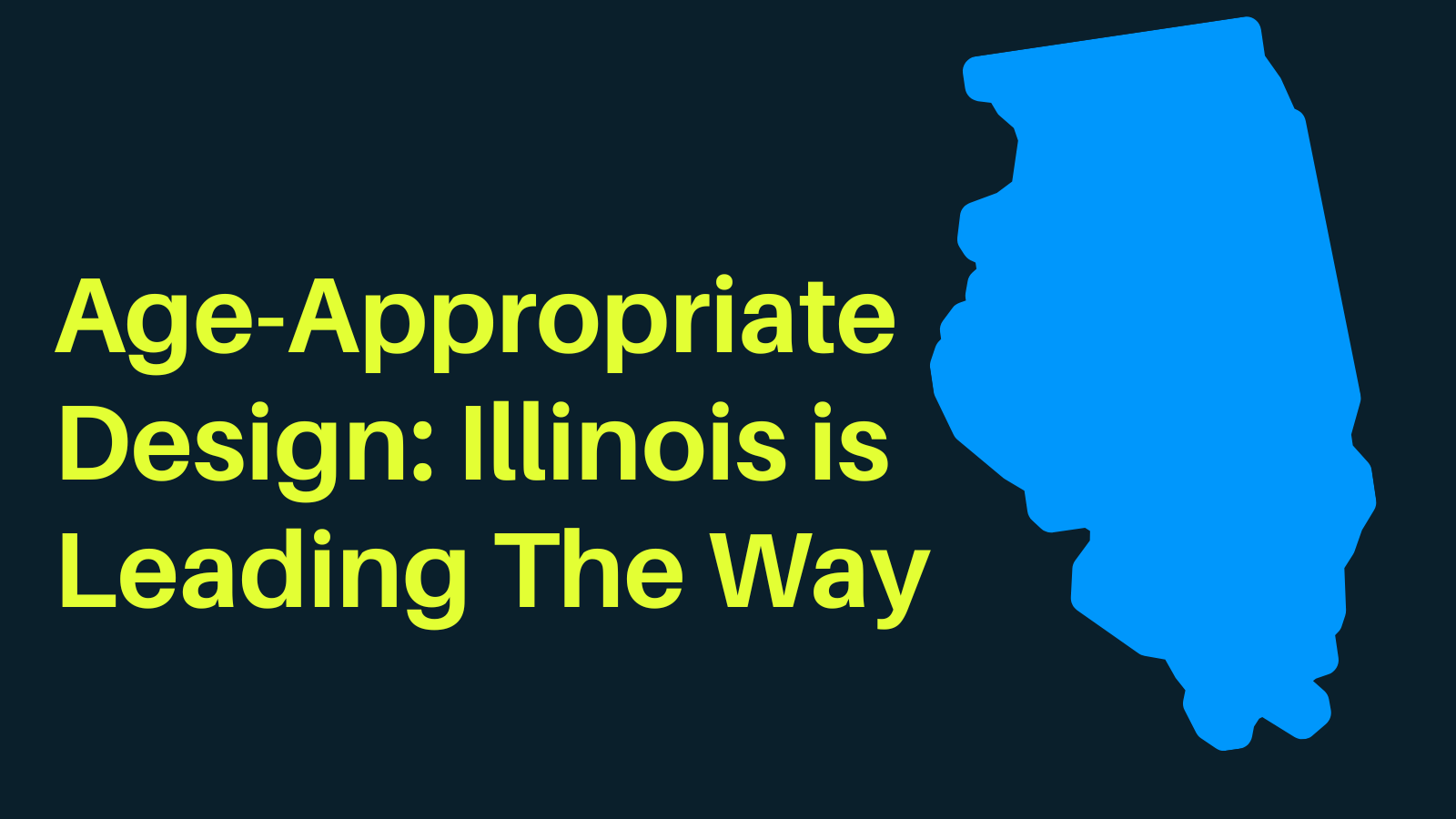In recent years, the intricate dance between Big Tech and political power has taken a concerning turn. Major technology companies, once seen as champions of innovation and progress, are increasingly aligning themselves with the Trump administration. This partnership poses significant threats to civil liberties and privacy.
Big Tech’s Embrace of Political Power
The 2024 presidential election marked a pivotal moment in the relationship between Big Tech and the White House. Tech giants such as Meta, Apple, Amazon, Google, Microsoft, OpenAI, and Uber each contributed $1 million to President Trump’s inauguration fund. Notably, this was the first time Meta participated in a presidential inauguration donation, signaling a shift in corporate political engagement. These contributions were not merely symbolic; they represented a strategic alignment aimed at fostering favorable regulatory environments and securing business advantages. They were also in attendance at the inauguration.
High-profile tech leaders have also mobilized and manipulated their own assets to demonstrate personal support. Elon Musk, CEO of Tesla and SpaceX, co-founded “America PAC” in July 2024, a political action committee supporting Trump’s campaign. Mark Zuckerberg, CEO of Meta, not only donated to the inaugural fund but also adjusted Meta’s content policies to align more closely with the administration’s preferences, including the introduction of the “Community Notes” feature to replace third-party fact-checking. Google rolled back its commitment to DEI and dropped its pledge not to use AI for weapons or surveillance.
The Consequences and Leverage of Tech-Political Alliances
This growing allegiance between Big Tech and the Trump administration has far-reaching implications. To align with political power, these companies have facilitated policies that undermine privacy and civil liberties. The surveillance state has expanded, leveraging technological advancements to monitor and control various aspects of society.
We’re already seeing the impact on issues that impact all of us. On abortion, a private tech company is tracking abortion pill prescriptions in Louisiana—data that can be accessed by third parties without patient consent. On immigration, the Department of Homeland Security is partnering with private surveillance firms to access license plate numbers, biometric data, and even social media activity to locate and deport immigrants. And on social media, the Trump administration is expanding its digital dragnet. Under Marco Rubio’s “Catch and Revoke” plan, the State Department is using AI to monitor international students’ online profiles, searching for so-called “pro-Hamas” activity in order to revoke visas and deport dissenters.
And the Big Tech CEOs have also leveraged their power by cozying up to the Trump administration. In his new role as part of the Trump Administration’s DOGE agency, Elon Musk’s companies have received an increasing amount of funding through government contracts. In January, President Trump talked up a joint venture that invested up to $500 billion in infrastructure tied to artificial intelligence through a new partnership formed by OpenAI, Oracle, and SoftBank. Meta’s Mark Zuckerberg asked the administration to push back against a European law that would allow consumers to access the platform for free without having to view “personalized ads,” rejecting their surveillance advertising model. Because ads are Meta’s main source of profit, he’s calling in “U.S. trade officials” to prevent Meta from having to comply with this law, even though the EU applies it to every company. Most recently, he lobbied President Trump and White House officials to agree to a settlement that would prevent Meta Platforms from facing an antitrust trial in April.
A Call to Reevaluate Corporate Responsibility
The intertwining of Big Tech and the MAGA political agenda necessitates a critical examination of corporate responsibility. While businesses aim to drive profit, their active participation in political processes, especially in support of administrations that implement authoritarian policies, raises clear ethical concerns.
As citizens and consumers, it’s never been more important to hold these corporations accountable. Transparency in political contributions and policy influence, ethical considerations in business decisions, and a commitment to safeguarding user privacy and rights should be non-negotiable standards. The current trajectory, where technological innovation is co-opted for political gain at the expense of individual freedoms, must be challenged to preserve the foundational values of democracy and personal liberty both online and off.








